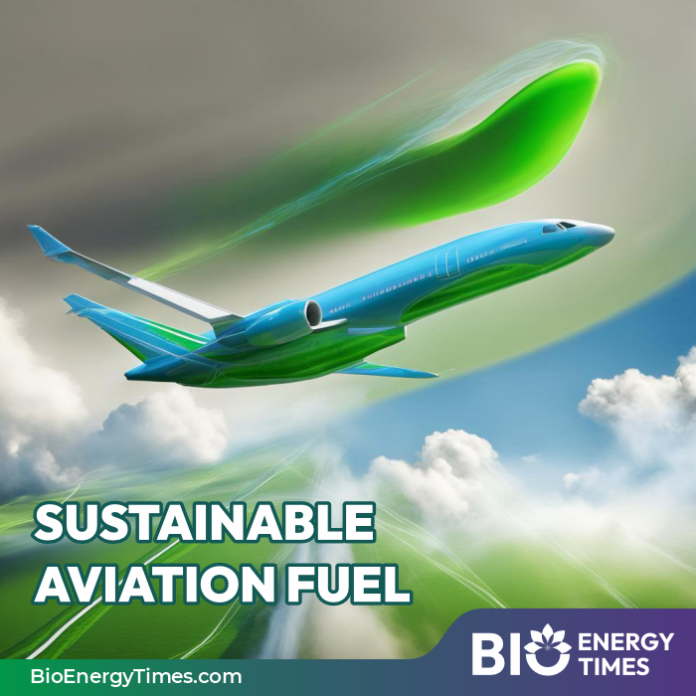The International Air Transport Association (IATA) has expressed strong disappointment over the Global Solidarity Levies Task Force’s (GSLTF) proposal to impose levies on air travel as a means of boosting domestic revenues for developing countries and supporting global initiatives such as climate change mitigation, pandemic preparedness, and other development goals.
According to IATA, an initial review of the GSLTF proposal reveals several serious flaws:
Air Travel Industry Margins Are Slim, Not Excessive
While the GSLTF lacks detailed justification, it references a CE Delft estimate suggesting a premium flyer levy could generate €78 billion (over $90 billion) annually—nearly three times the global airline industry’s projected 2024 profit of $32.4 billion. IATA points out that the industry operates on a structurally thin average profit margin of just 3.4%, about half the global average across all sectors. Any new financial burdens could therefore jeopardize industry viability.
Airlines Are Already Investing Heavily in Sustainability
The airline sector has pledged to reach net-zero carbon emissions by 2050—a transition expected to cost $4.7 trillion between 2024 and 2050. IATA warns that additional taxes could undermine the sector’s ability to fund these sustainability efforts, ultimately weakening its contribution to global GDP (3.9%) and employment (86.5 million jobs), while addressing its 2.5% share of global carbon emissions.
A Global Climate Framework for Aviation Already Exists
IATA criticized the GSLTF for overlooking the existing Carbon Offsetting and Reduction Scheme for International Aviation (CORSIA), developed by the International Civil Aviation Organization (ICAO). CORSIA is the world’s first global market-based measure to manage carbon emissions from a specific sector—international aviation. The GSLTF proposal, according to IATA, contradicts the original international agreement to treat CORSIA as the sole mechanism, and risks creating a fragmented and inefficient climate policy landscape. Rather than duplicating efforts, IATA urges states to support CORSIA, particularly by ensuring access to carbon credits essential for airline compliance.
No Impact Assessment on Economies or Travelers
IATA also pointed out that the GSLTF has not provided any assessment of how the proposed levies would impact the economies of the target countries or the global air travel market. While the proposal claims to target premium travel, it fails to acknowledge the critical role premium passengers play in supporting route viability. Penalizing this segment could disrupt connectivity and increase costs for all travelers and businesses relying on air cargo. IATA warned that this could ultimately reduce affordability and hinder economic growth—particularly in regions dependent on aviation.
“The airline industry is an economic catalyst, not a cash cow,” said Willie Walsh, IATA’s Director General. “Governments are proposing a tax that’s three times the industry’s profit, without considering the real-world consequences. These include impacts on remote communities, tourism, and trade—all of which depend on aviation. Moreover, history shows that such taxes often vanish into general budgets with little, if any, benefit for climate initiatives.”
Walsh also challenged the GSLTF’s claim that these levies would not affect the cost of living. “That’s simply not true. If implemented, these recommendations would raise travel costs across the board, weaken connectivity, and severely limit aviation’s ability to invest in reaching net zero by 2050,” he said.
He emphasized that the aviation industry is not avoiding its climate responsibilities. Airlines are actively investing in Sustainable Aviation Fuels (SAF), operational efficiencies, and cleaner technologies. “What we don’t need,” Walsh added, “is a $90 billion tax that drains resources from these critical efforts. Supporting SAF production is a far more effective way to achieve the GSLTF’s goals without undermining air connectivity and economic growth.”
Public Opinion Backs Aviation, Not More Taxes
IATA also cited global public opinion research conducted by Savanta in 15 countries, which found broad skepticism toward aviation taxation:
73% believe green taxes amount to government greenwashing
79% say there are already too many taxes on flying
78% think taxes are not the way to make aviation more sustainable
74% don’t trust governments to spend tax revenue wisely
88% say any taxes collected should go directly to improving air travel
Only 9% of respondents supported taxation as a way to address aviation’s carbon emissions. Alternatives like SAF investment (25%), clean technology (23%), emissions research (18%), and offsetting (13%) were significantly more popular.















